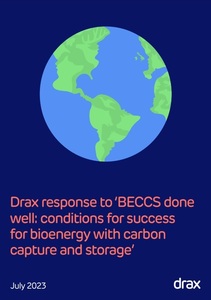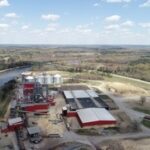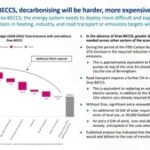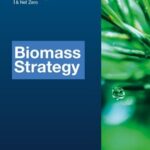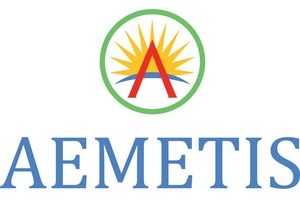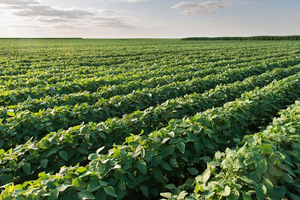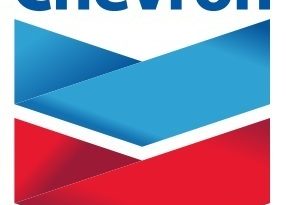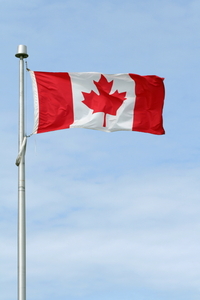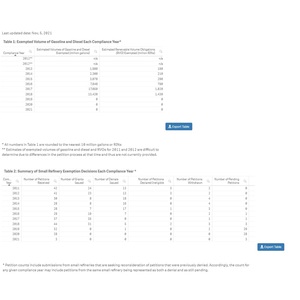Drax issues formal response to ‘BECCS Done Well’ report
Energy Disrupter
ADVERTISEMENT
Drax Group plc on July 3 issued its formal response to “BECCS Done Well: Conditions for Success for Bioenergy with Carbon Capture and Storage,” a report completed by Jonathon Porritt, an environmental campaigner who co-founded Forum for the Future, at the request of Drax and published in November 2022.
Forum for the Future in 2022 convened a panel to conduct an independent inquiry into bioenergy with carbon capture and storage (BECCS). The effort aimed to identify the necessary conditions which, if met, would satisfy the panel of independent sustainability experts, that BECCS from woody biomass can deliver positive outcomes for nature, climate, and people.
Porritt’s resulting report outlines 30 conditions under which the panel says BECCS can be “done well.” In its 34-page response, Drax agrees in principle with 24 of the 30 conditions, identifies one condition it does not agree with, and indicates the remaining five conditions require further consideration before the company can set out a meaningful response.
The 24 conditions with which Drax agrees address certification schemes, responsible sourcing policy, catchment area analyses, old growth/high conservation value (HCV) forests, biodiversity/nature positive, feedstock assurance, community engagement, working with smaller forest owners, the development of a new narrative, third party life cycle assessment auditors, value chain decarbonization, working with suppliers, land availability constraints, domestic feedstocks, carbon accounting and reporting, knowledge transfer centers, carbon capture rates, transparent reporting, negative emissions credits, prohibiting the use of captured CO2 in enhanced oil recovery, the precautionary principle, transparency and disclosure, and the Glasgow Declaration on Sustainable Bioenergy.
The one condition Drax said it does not agree with calls on Drax to work with its independent advisory board to investigate the feasibility of establishing an independent ombudsman covering all of the company’s operations globally. Porritt’s report said that the use of such an ombudsman would reassure stakeholders that Drax is prepared to be held to account in an appropriately transparent and rigorous way. In its response, Drax said it agrees with the need for an independent grievance process but does not agree that that process should be achieved through the establishment of an ombudsman.
Drax said further consideration is required on five of the conditions, including one that states the company should install best available technology for pollution prevention covering air, water and soil at all of its pellet plants, going beyond local regulatory requirements where necessary. “We intend to continue exploring what controls are available and suitable to minimize emissions and pollution further, including the use of best available technology not entailing excessive costs (BATNEEC) where practical,” the company said in its response. Drax also said more consideration is needed on conditions related to the use of heat recovery, the restriction of biomass sourcing to extended forest landscapes that can demonstrate clear evidence of a constant or increasing carbon stocks through remote sensing and satellite technology, the establishment of regional advisory councils, and the restriction of pellets sales to end users that meet the 30 conditions outlined in the November 2022 report, including the potential incorporation of carbon capture and storage (CCS) technology into all bioenergy schemes at the design stage.
A full copy of Drax’s response is available on the company’s website.

